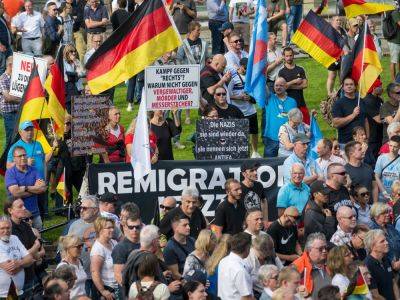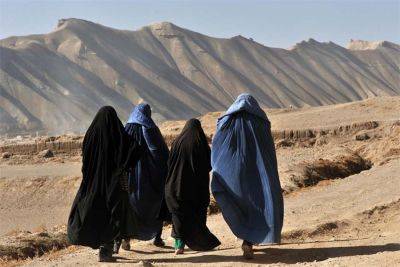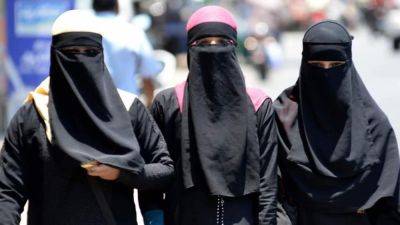When the US left Kabul, these Americans tried to help Afghans left behind. It still haunts them
The United States’ longest war is over. But not for everyone.
Outside of San Francisco, surgeon Doug Chin has helped provide medical assistance to people in Afghanistan via video calls. He has helped Afghan families with their day-to-day living expenses. Yet he remains haunted by the people he could not save.
In Long Beach, California, Special Forces veteran Thomas Kasza has put aside medical school to help Afghans who used to search for land mines escape to America. That can mean testifying to Congress, writing newsletters and asking for donations.
In rural Virginia, Army veteran Mariah Smith housed an Afghan family of four that she’d never met who had fled Kabul and needed a place to stay as they navigated their new life in America.
Smith, Kasza and Chin have counterparts scattered across the country — likeminded people they may never have heard of.
Across the U.S. hundreds of Americans are independently trying to help Afghans in the years after the United States pulled out in 2021. They have helped many Afghans, but the efforts have taken a toll on their lives as well. (AP Video by Nathan Ellgren)
The war in Afghanistan officially ended in August 2021 when the last U.S. plane departed the country’s capital city. What remains is a dedicated array of Americans — often working in isolation, or in small grassroots networks — who became committed to helping the Afghan allies the United States left behind. For them, the war didn’t end that day.
In the three years since the U.S. withdrawal from Afghanistan, hundreds of people around the country — current and former military members, diplomats, intelligence officers, civilians from all walks of life — have struggled in obscurity to help the Afghans left behind.
They have







